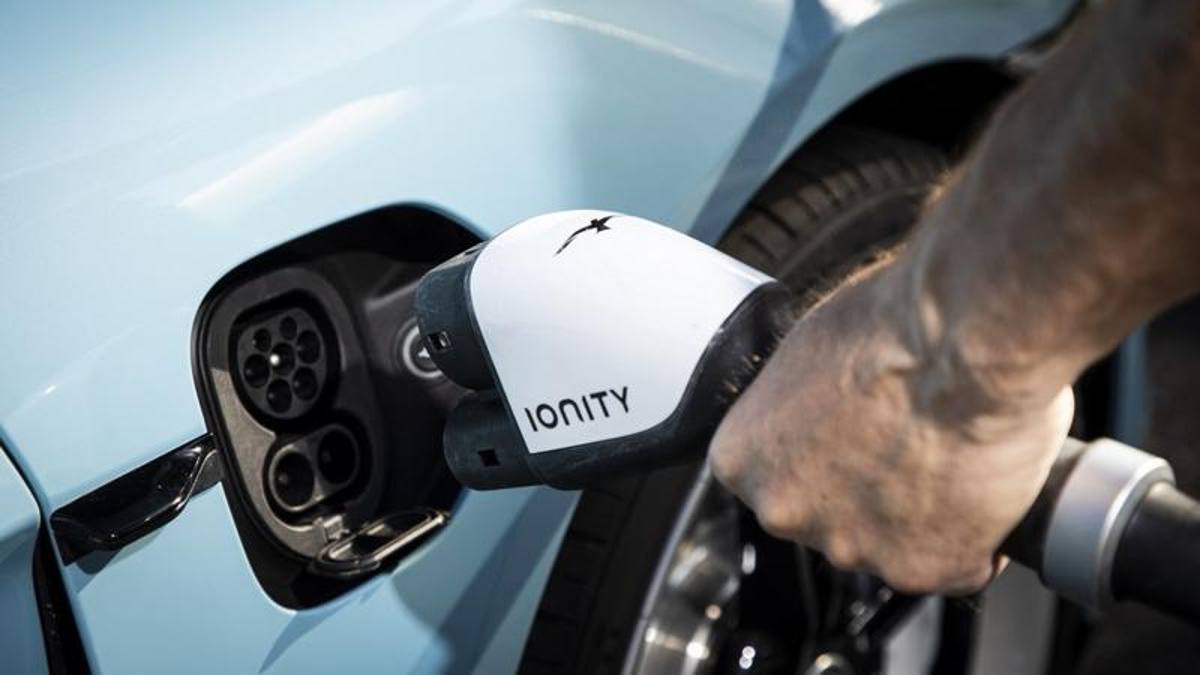It had already happened at the end of August: the funds for the Ecobonus state incentive for electric cars and plug-in hybrids have ended. At the moment there are no new initiatives, motorists just have to pay the car at full price
The funds for car incentives, and in particular those for the Ecobonus for electric and plug-in hybrid cars, are exhausted. As an immediate consequence, those who today want to buy a vehicle with zero or very low emissions must pay for it at a much higher price than what happened until a few days ago. Certainly not an aid to the process of reducing emissions to be obtained by introducing cleaner cars on the roads. And it is not the first time this has happened: on 27 August the funds allocated with the previous economic measures (starting with the 2019 budget law) ended. Then, on September 3, the government intervened by moving the approximately 57 million euros of funds allocated to the extra bonus on the Ecobonus. No refinancing, therefore, but only an accounting operation which, however, reduced the total incentive by 2,000 euros (with scrapping) and 1,000 (without scrapping). To date, on the dedicated Mise website there are 1,000 euros allocated by the Ecobonus, this means that in less than twenty days all the funds available including bonuses for electric cars and plug-ins have been booked. Then? In the absence of a refinancing, the only hope of benefiting from the incentive is that the dealer intercepts a cancellation and is quick to book the amount returned available.
THE ECOBONUS
—
The Ecobonus provided for a contribution for the purchase of up to 10,000 euros (8,000 of public funds and 2,000 in the form of a discount from the concessionaire) in case of scrapping and 6,000 (4,000 + 2,000 discount) without. This is the effect, not entirely unpredictable, of the surge in sales of rechargeable vehicles “on tap”, also thanks to the massive public contribution. A desired measure but not without criticism, since the very amount of the bonuses represented in some way a distortion of the market. For other observers, however, they represented the price to pay for the spread of electric mobility. In any case, bonuses intended for vehicles which by their nature have a medium-high cost, certainly not “popular”.
24 September – 15:51
© breaking latest news
.
